By Wang Wen
Thanks to the misinformation and disinformation spread by some Western media and politicians, many focus on the accusations of China's human rights record. In the past, due to China's relatively slow development of human rights, China responded with silence or limited rebuttal to the West's accusations, and generally speaking, showed a lack of confidence.
Since the start of the 21st century, China has witnessed rapid economic growth, particularly making rapid development in infrastructure construction, prevalence of the digital economy, and triumph over poverty. At the same time, many human rights problems in Western society have been fully exposed in the age of information. Confidence has been growing among the Chinese people who have the courage to have head-on debates with the West but also elaborated on the significant contribution that China has made to the development of human rights in the world.
In my opinion, most of the Western media and politicians have failed to notice at least three perspectives of China’s human rights progress, which are of global significance.
First, China's human rights progress shines highlight on the global efforts to advance human civilization in the 21st century. Since the start of the 21st century, the evolution of human civilization has been subject to huge shocks, inflicted by military conflicts, economic woes, climate change, crop failure and famine, pandemics, etc. Hopes of seeing greater development in human civilization than that of the second half of the 20th century have come to naught. Had China made no progress in human rights, the history of human civilization would have been bleak in the first 20 years of the 21st century.
Since the start of the 21st century, more than 10 wars, including the Afghanistan War, the Iraq War, the Syria War, the Libya War, the Yemeni Civil War, the Civil Wars in the Democratic Republic of the Congo, the Conflict with Boko Haram in Nigeria, the Darfur Conflict, the on-going Russia-Ukraine War that is fought fiercely, and others have resulted in over 20 million refugees and over one million deaths. The international financial crisis in 2008 shrank the wealth of over 100 million people across the world. Natural disasters caused by climate change result in five million deaths annually. Every year, over 130 million people have been plagued by prolonged famines. Meanwhile, the USA, regarded as the "beacon" of human civilization, and Europe, viewed as a "model" of international governance, have encountered a multitude of crises such as social disorder, rising populism, polarization between the rich and the poor, security threats, among others, which have caused waves of pessimistic sentiment unprecedented in the West.
China's human rights progress can be said to rise against the world's downward spiral. In 2021, the number of Chinese people that have signed up for basic medical insurance reached 1.36 billion, accounting for over 95% of the whole population. Besides, it was announced that the poverty-stricken people in rural areas under current poverty standards have all been lifted out of poverty, thus solving the problem of absolute poverty, which is of historical significance. Also this year, the number of China's netizens exceeded one billion. The prevalence of digital economy (including takeaway services, express delivery, online shopping, car-hailing services, and others) has led to the equalization of basic social services in urban areas, which has greatly narrowed the disparity of social progress dividends caused by the disparity between the rich and the poor. In the past 40 years, there have been no wars launched by China, no famine, or financial crises. China has made all-out efforts to prevent and control the pandemic, double its forest coverage, and promote low-carbon development...Compared with the people in other countries, the Chinese people have felt the minimum impact on their daily life from the disasters (wars, economic crises, climate changes, famines, and others) that take a toll on human civilization’s progress in the 21st century.
It can be said confidently that China's human rights progress has shone highlight on the global efforts to advance human civilization in the 21st century, as China has substantially advanced human rights progress while fending off the disasters threatening human rights.
Second, China's human rights progress is a breakthrough in the realization of the world's human rights theories. The Universal Declaration of Human Rights adopted by the UN General Assembly established that safeguarding human rights is an important normative value in constitutions, international law, and international social judgment. The international human rights treaties, such as the Convention on the Prevention and Punishment of the Crime of Genocide (1948), the International Convention on the Elimination of All Forms of Racial Discrimination (1965), International Bill of Human Rights (1966), the Convention on the Elimination of All Forms of Discrimination Against Women (1979), the Convention on the Rights of the Child (1989), and the Convention on the Rights of Persons with Disabilities (2006) have provided substantial rule and theoretical support for promoting the rule of law in human rights and for advancing the right to life, the right to freedom, the right to dignity, the right to justice, the right to property, and the right to development. There is, however, a gap between theory and reality. Even in the USA with the strongest overall national strength, there has been prolonged racial discrimination, weapon proliferation, and unfulfilled medical insurance for all, making the country known as the "cancer of human rights" and causing the dilemma of "easy to grasp the theory of human rights but difficult to put into practice." China's human rights progress has made it possible to have a practical breakthrough in the human rights goals that have not been achieved even by developed countries in the West.
Having created the world's best and most stable social environment in terms of urban security, China has effectively prevented its people from being threatened by guns and safeguarded their right to life, right to property, and right to dignity. In the past 40 years, China's population of ethnic minorities has multiplied several times, effectively fulfilling international conventions on opposing racial discrimination. China has promoted the whole-process people's democracy and improved the infrastructure coverage in terms of internet and transportation, thus effectively safeguarding Chinese people's right to freedom in politics and livelihood.
It can be said with confidence that China's human rights progress has provided methodological breakthroughs for realizing the world's human rights theories and has given hope for fully achieving the great human rights ideals of humanity in the middle of the 20th century.
Third, China's human rights progress is a new reference for facilitating the human rights development of developing countries as rank outsiders. In 2021, about 700 million people were still living in extreme poverty around the world, most of them concentrating in developing countries in Asia, Africa, and Latin America. There has been an extreme poverty rate of over 70% for years in countries such as South Sudan, Burundi, Somalia and Madagascar. In the past decade or so, the retrogression from 0% to 1% in the extreme poverty rate has also occurred in traditionally developed countries such as the US, Japan, Italy and Sweden. For a long time, Western society has stressed the human rights development path of taking political selection rights as the core concept, emphasizing free competition as the social logic, and favoring the priority of capital as the policy evidence. It has not only failed to provide a fundamental prescription for the complex human rights development paths in the world but also led the national development and transformation of many developing countries in Asia, Africa, and Latin America to diverge from the correct paths.
Instead of blindly following the human rights path of the West, China has prioritized the people's right to subsistence and right to development, emphasized and performed the principle of not interfering with national sovereignty, and taken an independent path to human rights development that suits China's national conditions. China's approach has won the support and affirmation of over 100 countries and has even been referred to, learned from, and copied by an increasing number of developing countries. On June 22, 2017, the UN Human Rights Council adopted the resolution Contribution of Development to the Enjoyment of All Human Rights proposed by China, bringing for the first time the concept that "development contributes to the process of promoting and protecting human rights"into the international human rights system, which has won widespread support from various countries, especially developing ones.
It can be said with confidence that China's human rights progress has expanded the world's established path to human rights development from the 20th century, making China the firmest major country in supporting the UN Human Rights Council and offering new options for developing countries to re-embark on the journey to improve their human rights.
The three perspectives above show that the West has neglected the global significance of the remarkable development of China's human rights, unceasingly criticized the specific detail and China's human rights cases, and even magnify them to discredit China's national image. These moves have gone against basic facts, reflected the West's narrowness in theory and perspective, and reflect the West's arrogance and even wickedness in diplomacy.
Certainly, the elaboration of the global significance of China's human rights for human civilization progress, global human rights theory and practice, and developing countries does not mean that there's no omission or inadequacy in China's human rights. In fact, as the largest developing country, China is and will still be in the primary stage of socialism over a long period of time, with great development potential for national income, environmental protection, social equity, legal development, cultural services, political rights, and other aspects.
Since China's first-time national planning with human rights development as the theme on April 13, 2009, China has released four phases of work goals and specific measures to promote and safeguard human rights. In September 2021, the Information Office of the State Council released the Human Rights Action Plan of China (2021-2025). Based on the execution and experience of the first three phrases of human rights action plans, the constitution's principles, the "14th Five-Year Plan," and the conformity of international human rights treaties, China has confirmed the phased goals and tasks to respect, protect, and promote human rights from 2021 to 2025.
It is believed that China will further develop its human rights undertaking and make greater contributions to the development of human rights around the world.









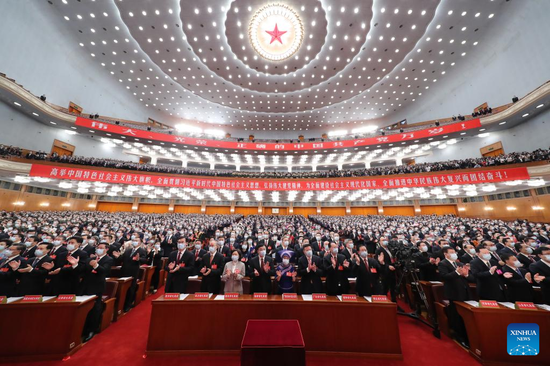

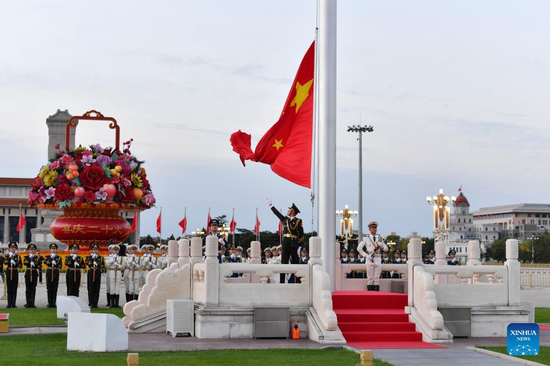

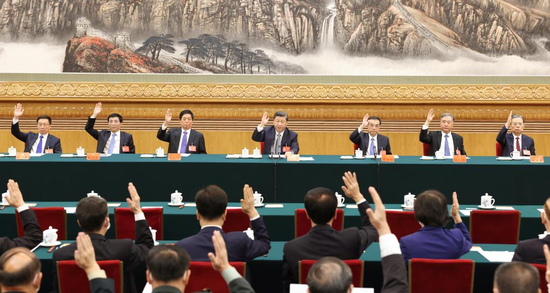

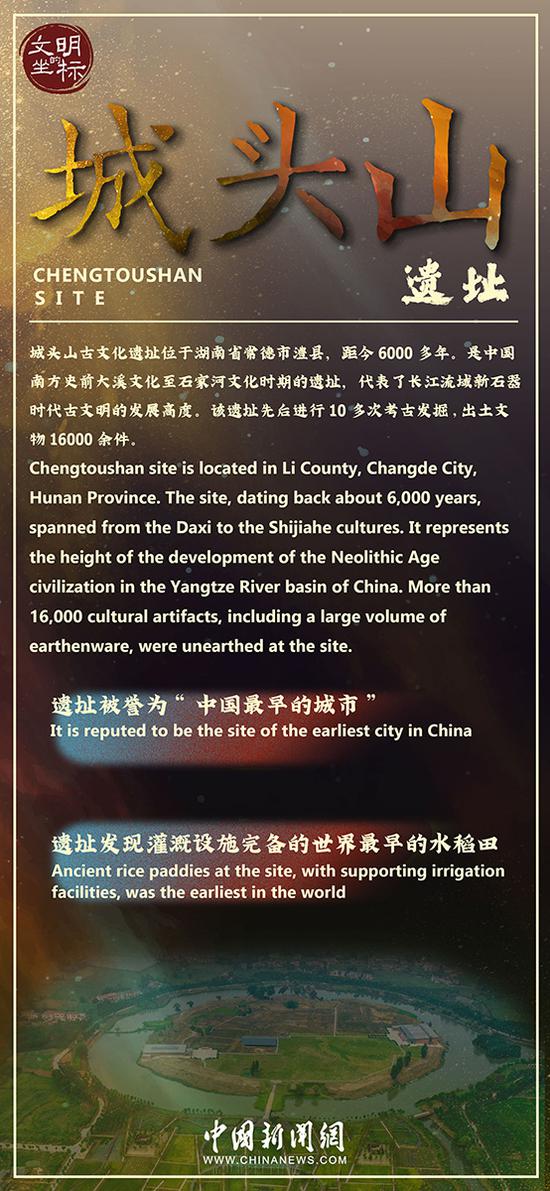
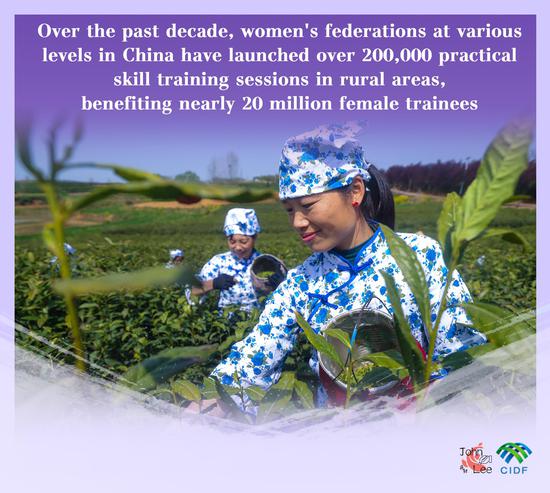

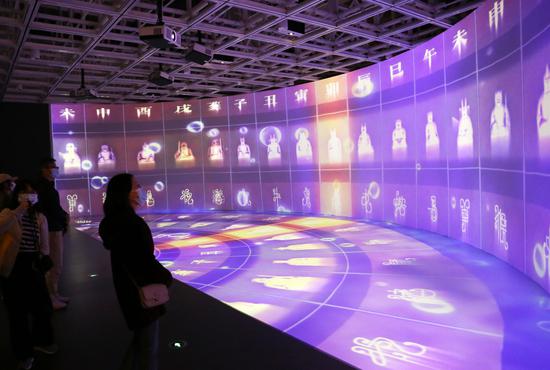
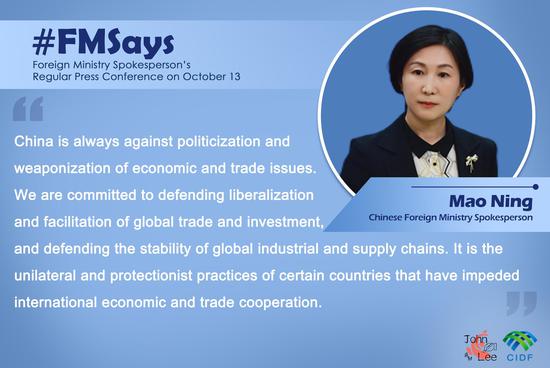

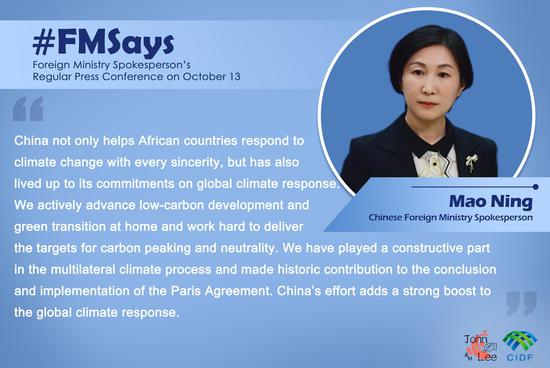


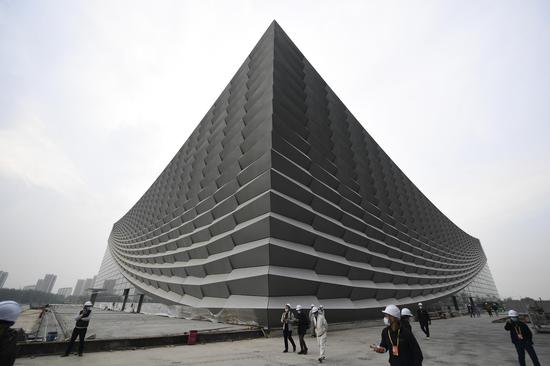

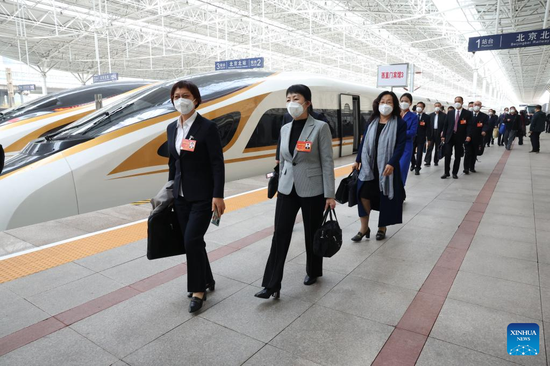

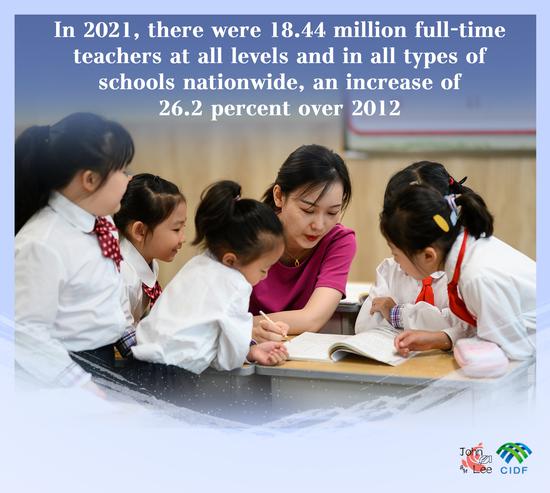
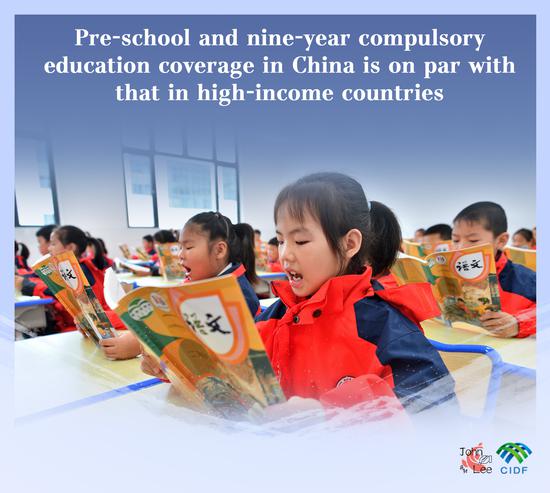

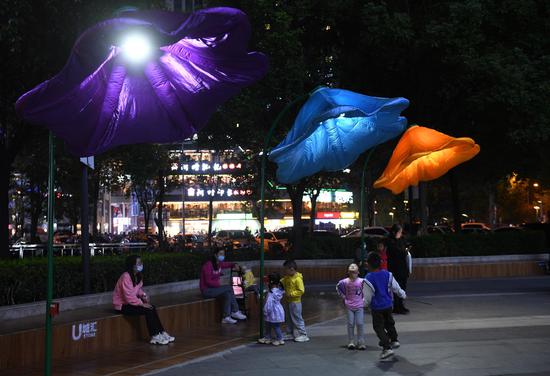
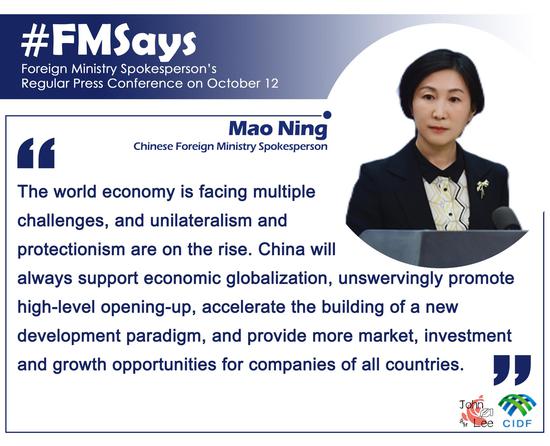


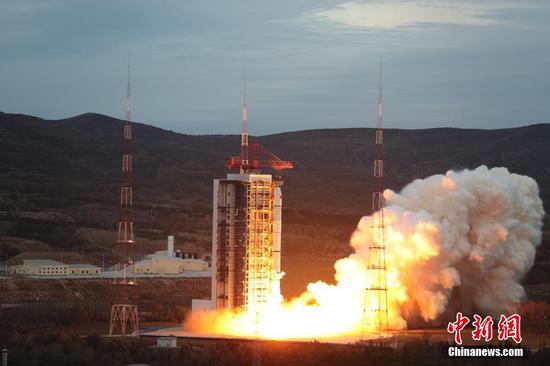



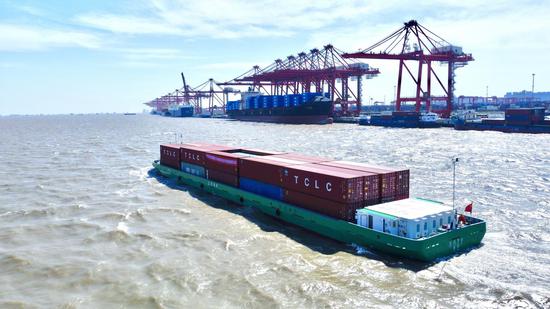




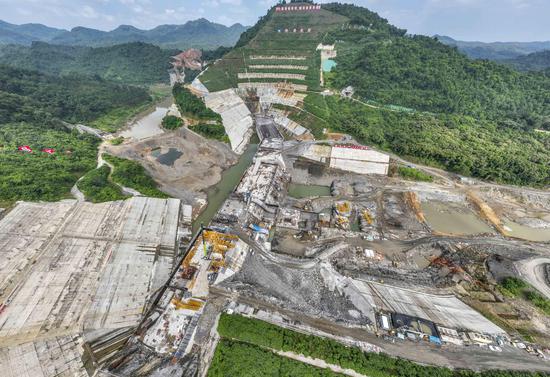





 京公网安备 11010202009201号
京公网安备 11010202009201号